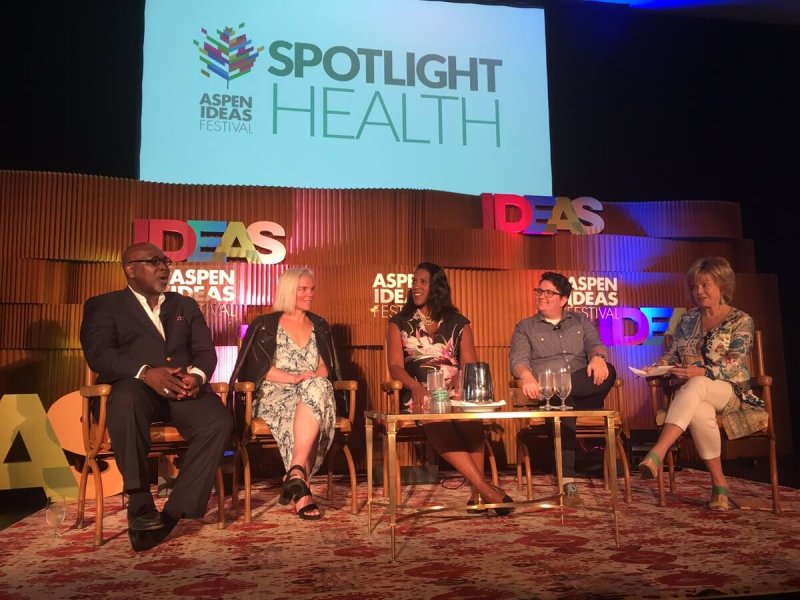In 2019, more people than ever before get to see their grandkids grow up. They get to enjoy a lengthy retirement, if they have the resources. The price they have to pay, however, is “the rise of heart disease, cancer, stroke, Alzheimer’s, osteoporosis, osteoarthritis, and everything we associate with aging and growing old,” according to Jay Olshansky, an epidemiologist at the University of Illinois at Chicago School of Public Health. If the life in your years is supposed to matter more than the years in your life, it might feel like modern humanity has backed itself into a corner.
Olshansky, speaking on a panel at Aspen Ideas: Health, co-hosted by the Aspen Institute and The Atlantic, said it’s time to move away from the disease-specific model of modern medicine and toward an approach that addresses the process that’s at the base of it all: aging. “The time has arrived in our modern era to stop trying to make us live longer,” he argued.
…
[Olshansky] emphasized that prevention is better than treatment, and that eating a healthy and diverse diet, getting plenty of sleep, and exercising regularly are reliable ways to make your life span, whatever it might be, more enjoyable.
Read full, original post: Human Lives Might Be Long Enough Already































